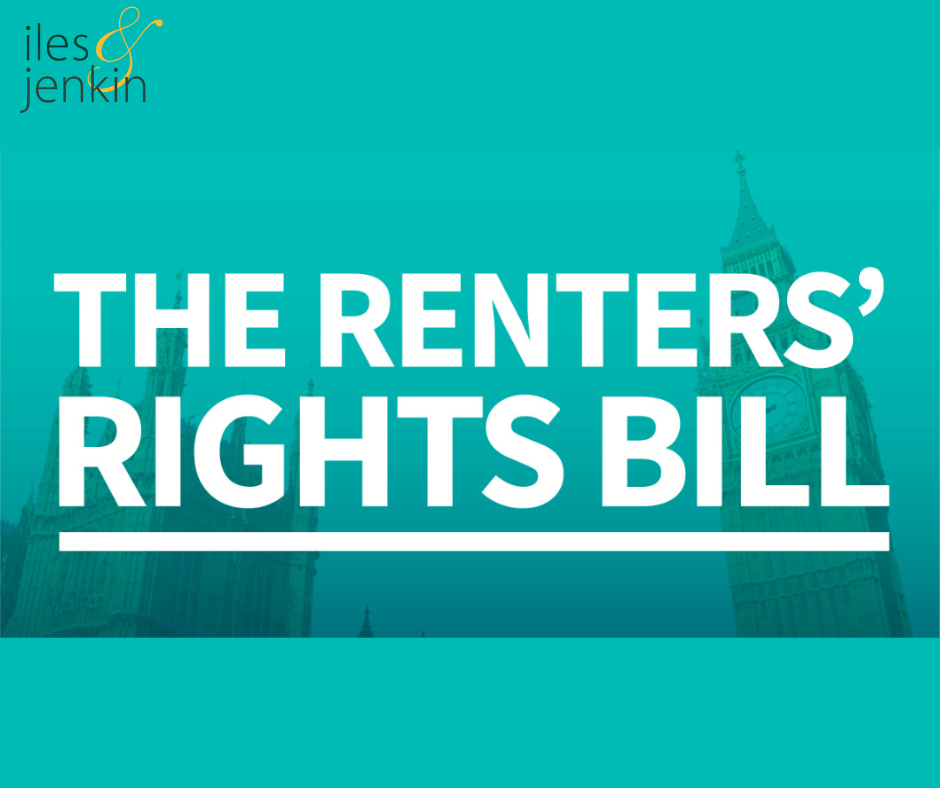Renters' Rights Bill: What You Need to Know
Both the Conservative and Labour parties pledged to abolish Section 21 Notices before the election, with a key difference in how fast each party planned to enact the change. While the Conservative government linked the abolition to court system reforms, the Labour administration has now confirmed that no such delays will occur. Housing Secretary Matthew Pennycook emphasised that the reforms will proceed alongside court system preparations, expected to be fully in place by mid-2025.
Key Features of the Renters' Rights Bill
The new Renters' Rights Bill, introduced in the House of Commons as a replacement for the Renters’ Reform Bill, aims to offer stronger protections to renters by abolishing "no-fault" evictions and reforming possession grounds for landlords.
Ending Section 21 'No-Fault' Evictions
Despite the previous Labour manifesto’s suggestion for immediate action, the legal process for abolishing Section 21 will still take time, with an expected implementation by the summer of 2025. The abolition will remove landlords’ ability to evict tenants without providing a reason, a practice previously permitted under Section 21. However, the government will work closely with the courts to ensure that reforms are implemented smoothly.
Strengthening Grounds for Possession
To compensate for the loss of Section 21, the bill enhances Section 8 grounds, allowing landlords to regain possession of their properties in specific circumstances, including:
- Property Sale: Landlords will be able to reclaim their property if they intend to sell it, using a new legal provision called Ground 1A.
- Personal Use: Landlords will retain the right to take back the property for personal or family use.
- Anti-Social Behaviour: Faster eviction processes will apply if tenants engage in anti-social behaviour.
- Persistent Rent Arrears: Landlords can seek eviction for repeated instances of rent arrears, even if the arrears are eventually paid.
Reforming Notice Periods and Evictions
The bill shortens notice periods for serious issues like anti-social behaviour and significant rent arrears. For serious breaches, such as damage to property or significant arrears, a streamlined eviction process will help landlords resolve these issues more efficiently.
Tenant Protections Against Rent Increases
Currently, landlords can increase rent through Section 13 notices or by including a rent increase clause in the tenancy agreement. The bill prohibits automatic rent increase clauses in Assured Shorthold Tenancies (ASTs) and requires landlords to follow the statutory process outlined in Section 13. Tenants can challenge unreasonable rent increases through the First-Tier Tribunal, which will decide the appropriate rent based on market rates.
Banning Rental Bidding Wars
The Renters' Rights Bill will also introduce new measures to end the practice of rental bidding wars. Landlords and letting agents will no longer be allowed to encourage or accept offers above the advertised rent price, promoting fairness for prospective tenants.
Tenants’ Right to Request Pets
The bill gives tenants the right to request permission to keep a pet, which landlords must reasonably consider. If allowed, landlords can request pet insurance as a permitted payment to cover potential damage.
Ensuring Safe and Habitable Homes
All rental properties must meet minimum safety and habitability standards, addressing concerns such as dampness, mould, and other hazards. This is in line with the Decent Homes Standard, ensuring better living conditions for tenants.
Awaab’s Law Extended to Private Rentals
In response to the tragic death of Awaab Ishak due to untreated mould, the bill extends Awaab’s Law to the private rental sector. This law sets strict timeframes for landlords to address serious hazards, ensuring tenant safety.
Creating a Digital Database and Ombudsman
The bill proposes the creation of a central database for the private rental sector, containing essential information for landlords, tenants, and councils. Additionally, a new ombudsman service will provide a quicker, more efficient way to resolve disputes without going to court.
Protecting Tenants from Discrimination
The bill also reinforces protections against discrimination. Landlords will be prohibited from refusing to rent to tenants based on their receipt of housing benefits or family status.
Strengthening Council Enforcement Powers
Councils will be granted new investigatory powers to identify and penalize non-compliant landlords. However, concerns remain about whether councils will receive the resources necessary to enforce these reforms effectively.
When Will the Bill Become Law?
The second reading of the bill is scheduled for October 9th, 2024, with the remaining legislative stages to follow. Cross-party support for reform suggests that the bill is likely to pass and become law by the summer of 2025.
For more details, please use this link -
As always, we will keep everyone posted with any updates we receive but if you have any questions, please feel free to contact us - lettings@ilesandjenkin.com / 01934 512537



 By
By 



Share this with
Email
Facebook
Messenger
Twitter
Pinterest
LinkedIn
Copy this link